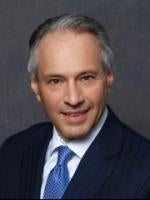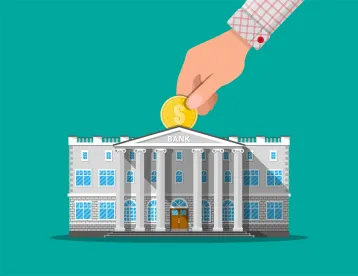Dr. Jan Hatzius, Chief Economist at Goldman Sachs Group, Inc., gave his take on the recent uptick in U.S. interest rates when he appeared Tuesday, May 11, on “Bloomberg Surveillance.”
Inflation in the United States
Dr. Hatzius believes the recent rise in U.S. inflation will be temporary. “There is a lot of seasonal hiring at this time of the year. I think that it’s quite plausible that employers may be prioritizing post-pandemic hiring over seasonal hiring to some degree that then shows up as weaker numbers. That’s still going to be with us, I think, for the next couple of months. But the flip side should be stronger job growth numbers than we previously thought later in the year. So, on payroll, I think some adjustment was warranted. On GDP, we haven’t made any changes. We still think Q2 is going to be probably the peak job growth rate, for a little over 10.5%. So, it’s a very rapid pace of growth in Q2, but then I think it does probably slow down somewhat after that.”
Expect much higher inflation numbers in the short term, said Dr. Hatzius. “That’s particularly true for headline, but true to some degree for the core as well. I think over the next couple of months, we will see significantly stronger inflation – 2.5% for core PCE and maybe 2.7% in May for Core CPI, and I do think that is probably one of the reasons why the markets are having a difficult time at the moment. We’ve had some weaker numbers on the payroll at the same time the highest inflation numbers are just ahead of us. I do think, though, that ultimately, it’s going to be more temporary. A lot of the drivers of inflation, not just the commodity numbers, but also things like the base effect and some of the impact of reopening on service prices…a lot of that is pretty short-term. It doesn’t really tell you a lot of inflation in 2022 when we think we’ll probably be back to about 2% for core PCE.”
Interest Rates for 2021-20211
At this point, Dr. Hatzius believes it’s more important to look at the medium-term rather than the short term in terms of inflation. Inflation would increase in the second quarter but drop down for the remainder of 2021. Going into 2022, we could see inflation going above 2.5%. If governments will continue to have debt, interest rates could continue to increase.




 />i
/>i
